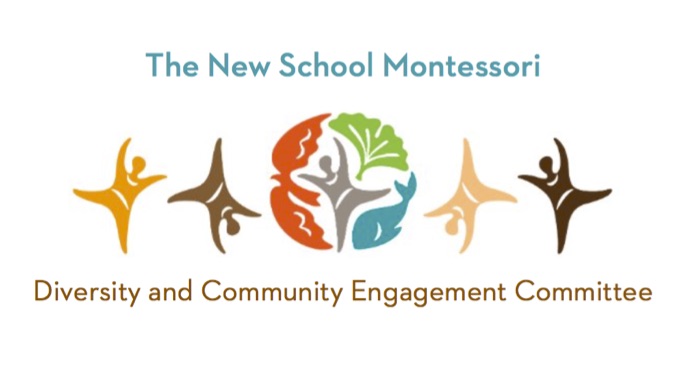Article written by Rachel Lwin, member of the Diversity + Community Engagement Committee (D+CE) and expresses her views. At TNSM, we are grateful to have this D+CE forum that allows opportunities for members of our community to share their own beliefs, always with the goal of expanding our understanding of each other’s experiences and points of view.
Last week, DC+E committee members Claudia Lòpez and Allie Precht shared their dialogue about the mixed feelings that they, and perhaps many of us, have about monthly recognitions like Women’s History Month. I, for one, found myself internally nodding along to their points as I read their conversation. I’m reminded of a workshop I attended as an intern during graduate school. I worked for a grant-making agency that was hosting a workshop for some of their awardees; if memory serves (a tenuous assumption these days), the awardees offered after-school or out-of-school outreach programs for children. One workshop exercise in particular sticks out, during which the participants were asked to write a description of how they hoped their organization would be faring in ten years’ time. One group styled their description as an obituary announcing the closure of their organization, which provided meals, shelter, and literacy services for out-of-school children. In ten years’ time, according to this “obituary,” the organization had achieved its goal of eliminating structural instability and disenfranchisement, providing the resources and support necessary to equalize access and opportunities for all the children in their community. Their success had brought about their own obsolescence.
Is that the ultimate goal of many mission-driven nonprofits: to be so good at serving their constituents and championing their causes that they’ll eventually not be necessary anymore? Organizations like amFAR might one day cease to exist because of advances in HIV prevention and treatment, diplomacy, and technology that can more seamlessly distribute medical care to all parts of the globe. It’s a beautiful dream, isn’t it?
This all comes back to the recognition months and why we acknowledge them and (if) we need them. Claudia and Allie so eloquently discussed this in last week’s post, so I’ll try not to reinvent the wheel here. What if, though, we are truly successful at making space for and empowering people of all genders, races, and socioeconomic classes in our social and political discourse? What if we fully integrate and acknowledge the significance–even just the very presence–of disenfranchised women of our past, present, and future? Perhaps we will be writing an obituary, not for Women’s History Month, but for the time in our cultural history when we needed such a month.
Does your family observe a tradition or cultural holiday that you’d like to share with the TNSM community? Do you have a passion for or expertise in a certain area of DEI? The D&CE committee is always looking for books, resources, and classroom speakers to help deepen the cultural competency of our school community. Please reach out to us via our email address: diversity@…

